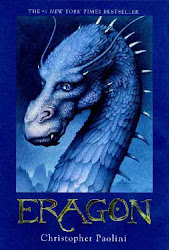
By far the best thing about this book is the cover picture!
An old man awakens, disoriented, in an unfamiliar chamber. With no memory of who he is or how he has arrived there, he pores over the relics on the desk, examining the circumstances of his confinement and searching his own hazy mind for clues. Determining that he is locked in, the man—identified only as Mr. Blank—begins reading a manuscript he finds on the desk, the story of another prisoner, set in an alternate world the man doesn't recognize. Nevertheless, the pages seem to have been left for him, along with a haunting set of photographs. One hundred and twenty pages later we are at the end of the book but really no further forward....
I have generally endeavoured in these reviews to avoid 'spoiling' the plot for anyone who might want to read the work. I'm not sure one could spoil this! If you are ever on a desert island with only half a dozen books read the other five first - with luck you may be rescued before you get to this one...

PAUL AUSTER was born in Newark, New Jersey, in 1947 to middle class parents. After attending Columbia University he lived in France for four years. Since returning to America in 1974, he has published poems, essays, novels and translations.




















